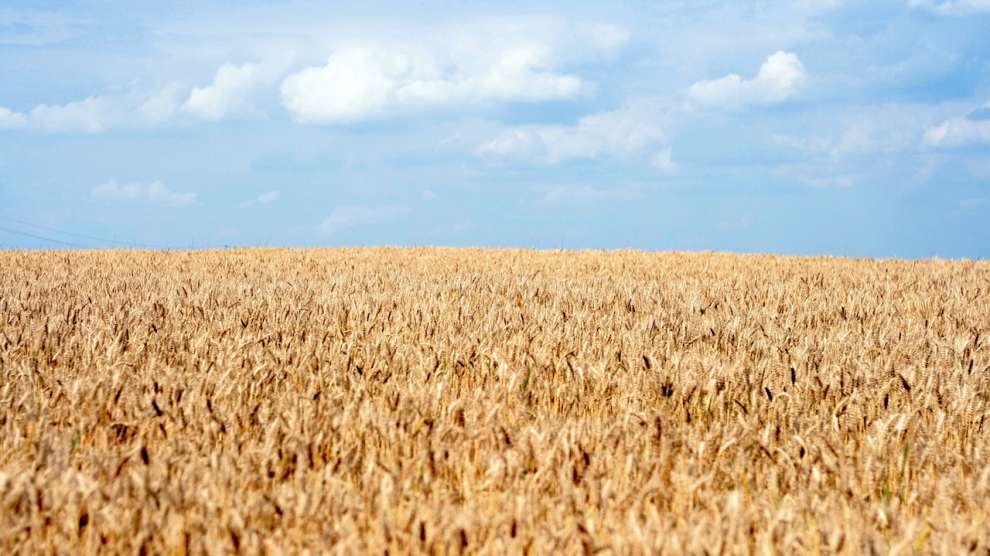Ukraine’s favourable geographical location; it’s extremely fertile black soil; decent infrastructure and relatively cheap labour force make the country’s agribusiness sector highly competitive. A lot has been achieved in the country over the past 25 years to enable Ukraine to live up to its status as the “breadbasket of Europe” and to help, at least partly, address the global challenge of sustainable food supply and food security.
As a result the agribusiness sector is one of the main drivers of the Ukrainian economy: it accounts for 17 per cent of the country’s GDP, 32 per cent of local employment and 31 per cent of foreign currency revenues. During the severe economic downturn of 2014/2015, the agrifood sector was the only one to increase its production and exports. In fostering Ukraine’s agribusiness potential, the EBRD has provided over € 2.2 billion of financing to the sector, to date, since the start of its operations in the country.
Given this potential one would assume that investors from all over the world would be flocking to Ukraine with projects in land farming, processing, packaging and retail. For now, however, this is not the case. Unfortunately, the complicated geopolitical situation, corruption and the slow pace of reforms (especially the land reform) dampen the overall investment mood.
For a number of years, the EBRD and the Food and Agriculture Organisation of the United Nations (FAO) have initiated and supported reforms and dialogue between regulators and private sector companies in the grain, dairy and meat sectors. This partnership has supported associations of producers of agricultural commodities in dozens of legislative initiatives such as crop receipts, food safety standards, veterinary services etc. – all aimed at improving sector regulation and investment climate. As a result the development of the grain sector has been particularly impressive, with annual grain yields of well over 60 million tonnes. With this Ukraine has firmly established itself as one of the key international players in this segment.
However, in addition to much needed reforms, Ukraine’s agribusiness markets, and in particular small businesses, need to develop new approaches to business, to look for new markets and to concentrate on the production of high-value goods, in order to remain competitive on local and global markets and to maximise returns while tapping into export markets. A lot remains to be done in this respect. In 2014, Ukraine’s agricultural exports were worth US$ 17 billion of which no less than 54 per cent were primary agricultural products. This highlights the need to find a more prominent role for added value in the total export structure of agricultural commodities. Domestic producers should also be more responsive to the preferences and demands of existing and new export markets.
The tasks may seem challenging, but Ukraine has a long-term partner in the EBRD and we are ready to offer financial support as well as expert advice. For example, the first results of an export promotion project with FAO, under which members of the association of Ukrainian millers promoted their products on trade fairs in South Asia, the Middle East, Africa and Eastern Africa, have been impressive. As a result some participants reported immediate increases in exports to those regions.
Teams of highly experienced local and international experts, commissioned by the EBRD and its international partners and in coordination with the Ministry of Food and Agriculture of Ukraine, have also developed strategies to improve the investment climate. These efforts will continue, while we will also continue to provide financing and to support local agribusiness associations and cooperatives.
Given these efforts and support, the private sector has a unique opportunity to increase the quality and range of its products; to coordinate with companies and associations and to dare to venture into new markets. The EBRD and all the other partners of Ukraine are ready to support the sector and its players.
This piece is part of the EBRD 2017 Annual Meeting and Business Forum special report, prepared together with the European Bank for Reconstruction and Development. To register for the event, click on the banner below.
_______________
The views expressed in this opinion editorial are the author’s own and do not necessarily reflect Emerging Europe’s editorial policy.


